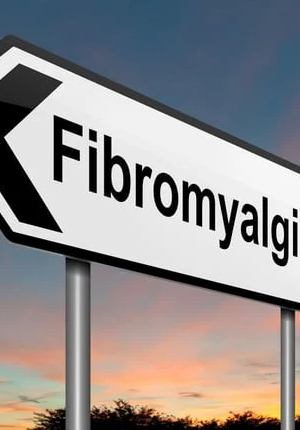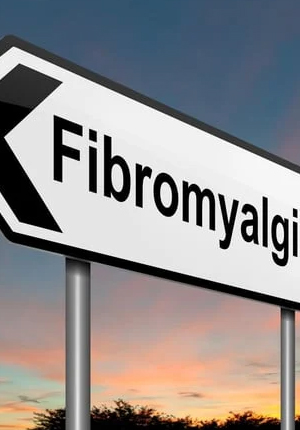Fibromyalgia causes widespread pain throughout the body and makes life especially difficult for those who suffer from the disease. Four million Americans live with fibromyalgia, but it’s especially common in women.
At St. Michael’s Neurology and Pain Medicine in Houston, Texas, our board-certified neurologist Miquel Pappolla, MD, specializes in the treatment of fibromyalgia and the ongoing management of its symptoms.

What to know about fibromyalgia
Fibromyalgia is a rheumatoid disease, which is a classification of chronic illness that also includes lupus and arthritis. Unlike these diseases, the root cause of fibromyalgia remains unknown.
When you have this condition, you can experience widespread body pain in any area of your body. Other common symptoms of fibromyalgia include:
- Fatigue
- Insomnia
- Memory issues
- Joint tenderness and stiffness
Many with fibromyalgia also develop ‘fibro fog’, a symptom that describes cognitive dysfunction that interferes with your ability to think clearly or concentrate.
Having fibromyalgia also puts you at risk for developing other chronic illnesses like irritable bowel syndrome (IBS), headaches, depression, anxiety, and arthritis.
Why fibromyalgia affects women
While the underlying cause of fibromyalgia isn’t understood, there are known triggers that can worsen your pain. These triggers can include:
- Anxiety
- Stress
- Depression
- Overexertion
- Cold weather
Because hormone changes are also a trigger of fibromyalgia, the disease may affect more women than men. In fact, women are twice as likely to get fibromyalgia than men according to the Centers for Disease Control and Prevention (CDC).
Women with fibromyalgia may also experience more frequent menstrual pain, premenstrual syndrome (PMS) symptoms, and heavy periods.
Getting the right diagnosis
Diagnosing fibromyalgia in both women and men is often difficult because there’s no one test to confirm the disease. Many people may also fail to get a diagnosis because they assume their symptoms relate to other conditions and not fibromyalgia.
At St. Michael’s Neurology and Pain Medicine, we spend time learning more about your symptoms. Dr. Pappolla can request blood work and other diagnostic tests to rule out other conditions and pinpoint fibromyalgia.
A common test sometimes used to diagnose fibromyalgia involves the 18 tender points throughout your body. Pressing on these points tends to cause intense and lasting pain that’s typical of fibromyalgia.
Women tend to have more sensitive tender points than men. For this reason, more women may get an accurate diagnosis of fibromyalgia than men.
How to manage fibromyalgia
Your treatment plan for fibromyalgia depends on your overall health and the intensity of your pain. Often, physical therapy can be an effective way to manage pain, but the widespread pain makes it difficult to be active.
There are medications, including anti-seizure and antidepressant medications that can help relieve pain, so you can exercise. There are also lifestyle changes you should make to lower your risk for fibromyalgia pain. These changes can include:
- Losing weight
- Reducing stress
- Quitting smoking
- Avoiding alcohol
Going to bed at the same time each night to ensure you get enough sleep is also essential for those with fibromyalgia.
We may also refer you for counseling so you can learn how to cope with fibromyalgia symptoms and live a happier, more fulfilling life.
Call St. Michael’s Neurology and Pain Medicine in Houston, Texas, to schedule a diagnostic evaluation for fibromyalgia symptoms or book an appointment online today.

